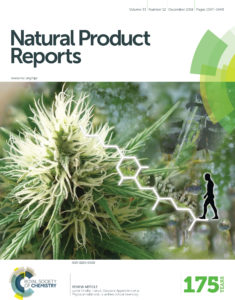Earlier this year, Natural Product Reports was delighted to announce that Professor Mohammad R. “Mo” Seyedsayamdost was chosen by the Natural Product Reports Editorial Board to receive the 2019 Natural Product Reports Emerging Investigator Lectureship, which he has now been awarded at the recent ACS Orlando symposium.
The Natural Product Reports Emerging Investigator Lectureship recognises a researcher who has made a significant contribution to a natural products-related area of the chemical sciences in their early independent career.
“It is an honor and a privilege to receive the NPR Emerging Investigator Lectureship.
I am grateful to the selection committee, my mentors (Liz, JoAnne, Jon, and Roberto) for their constant support, as well as the members of my lab for their hard work.” – Prof. Mo Seyedsayamdost
More about Mo…
Mo obtained an undergraduate degree from Brandeis University and completed his thesis in the laboratory of Prof. Lizbeth Hedstrom. He then joined the Department of Chemistry at MIT and earned a PhD degree under the guidance of Prof. JoAnne Stubbe. His PhD thesis investigated the mechanism of long-range radical transfer in class I ribonucleotide reductases. He subsequently conducted postdoctoral training at Harvard Medical School in the research groups of Prof. Jon Clardy and Prof. Roberto Kolter, where he examined the roles of natural products in mediating microbial interspecies interactions. In 2013, Mo started his independent career at Princeton University, where his lab is interested in the discovery, structure, function, and biosynthesis of natural products from microbial sources, with an emphasis on bioactive cryptic metabolites. These studies blend approaches from microbiology, bacterial genetics, natural product chemistry, and enzymology.


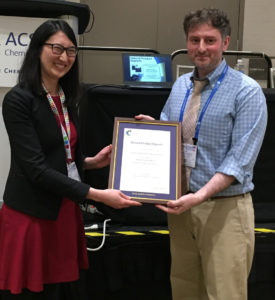









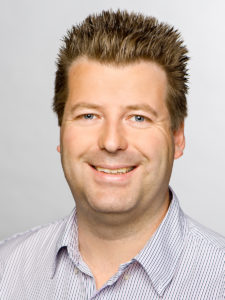
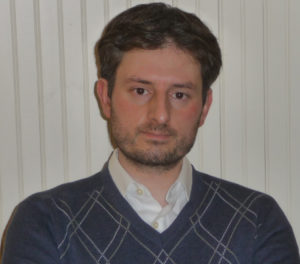

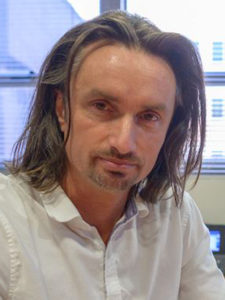 Professor Hendrik Luesch leads a multidisciplinary marine natural products research program that integrates isolation, synthesis, pharmacology, mechanism of action and early development studies.
Professor Hendrik Luesch leads a multidisciplinary marine natural products research program that integrates isolation, synthesis, pharmacology, mechanism of action and early development studies. 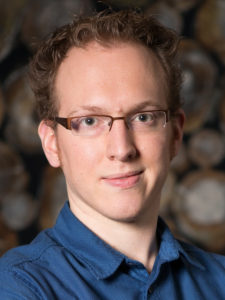 Dr Marnix Medema’s group currently develops and applies computational tools to understand bacterial, fungal and plant natural product biosynthesis from a genomic perspective.
Dr Marnix Medema’s group currently develops and applies computational tools to understand bacterial, fungal and plant natural product biosynthesis from a genomic perspective. 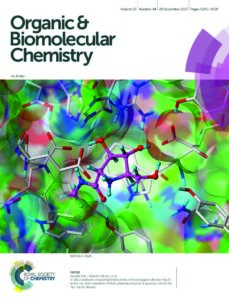 Organic & Biomolecular Chemistry, our sister journal, publishes many articles that cover a variety of natural product chemistry.
Organic & Biomolecular Chemistry, our sister journal, publishes many articles that cover a variety of natural product chemistry.
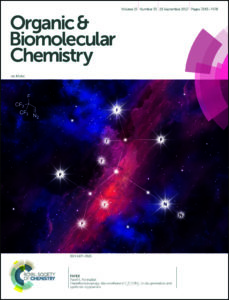 , our sister journal, publishes many articles that cover a variety of natural product chemistry.
, our sister journal, publishes many articles that cover a variety of natural product chemistry.